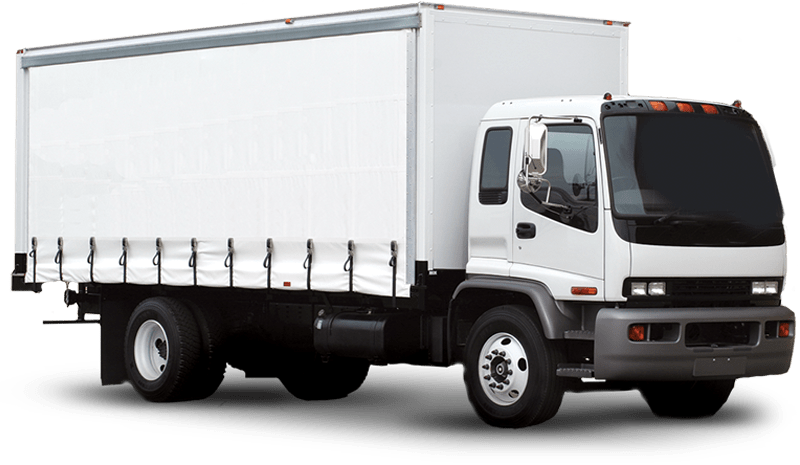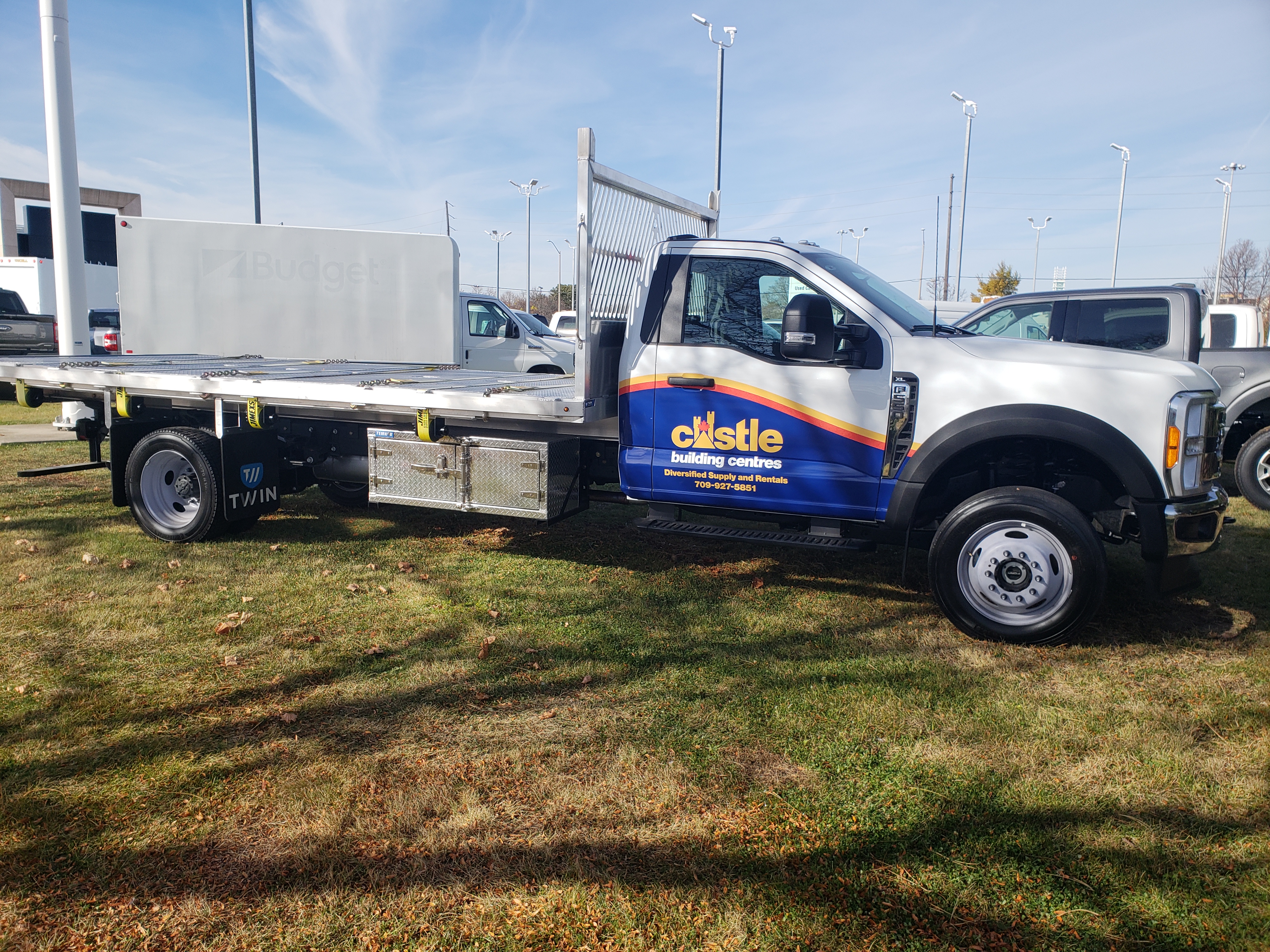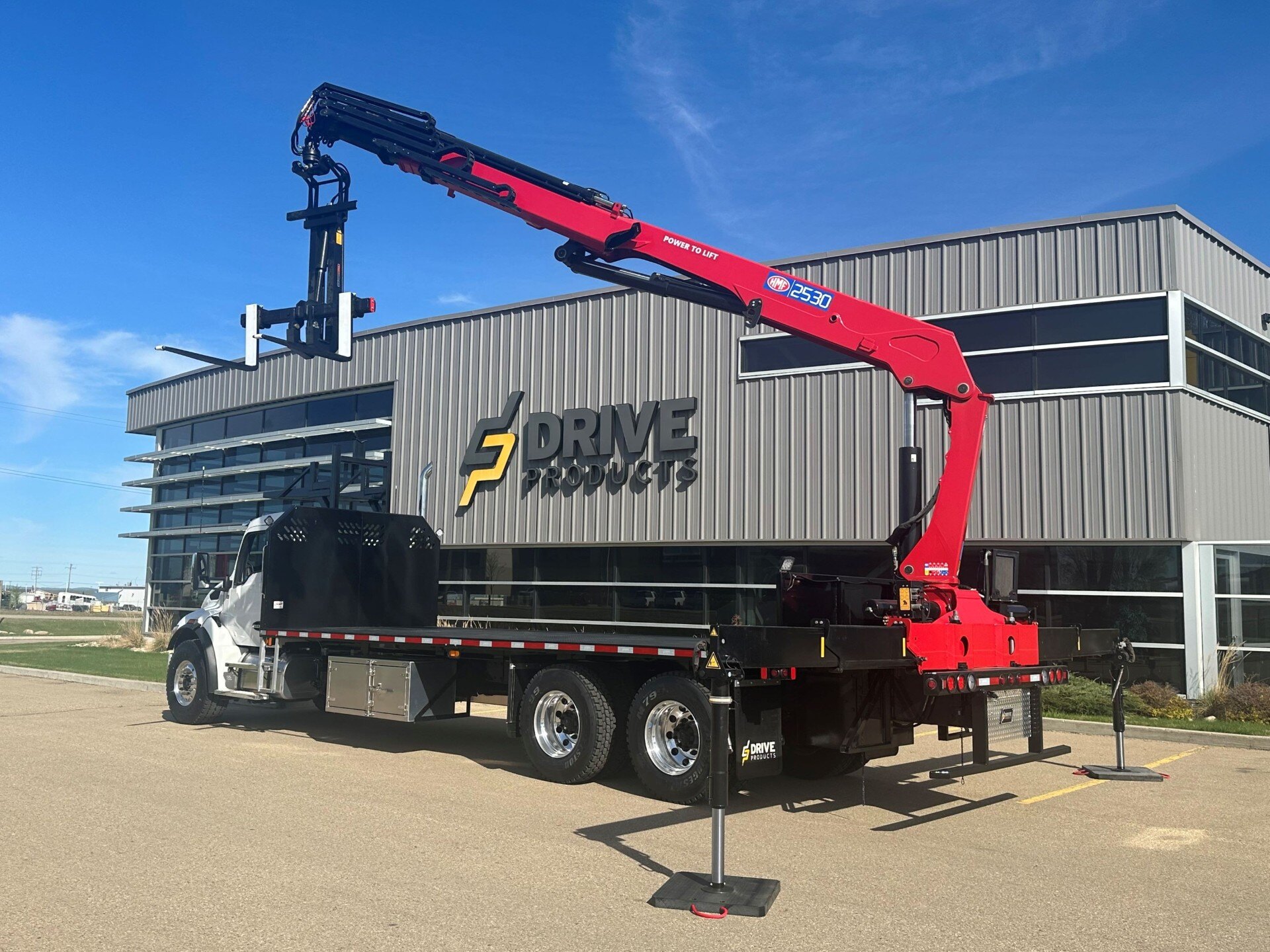The Complexities of Financing Heavy Commercial Trucks
Navigating the Complex World of Financing Heavy Commercial Trucks: Why Leasing May Be Your Best Route
In the world of logistics and transportation, acquiring heavy commercial trucks represents a significant investment and a pivotal decision for businesses striving to expand their fleet. While the allure of buying these massive machines might seem straightforward, delving into the complexities of financing unveils a labyrinth of options and considerations. Today, we’ll explore the financing landscape and why leasing could be your ticket to a smoother journey.
Understanding the Financing Landscape
Purchasing heavy commercial trucks is no small feat. With price tags often reaching six figures, these investments necessitate a meticulous financial strategy. Financing options typically include traditional bank loans, specialized vehicle financing, and in some cases, vendor financing directly from the manufacturers. Each pathway comes with its set of intricacies, like varying interest rates, loan terms, and qualification criteria.
The commitment of buying also ties up capital, potentially affecting your cash flow and limiting your ability to invest elsewhere. The complexity is amplified by depreciation, maintenance costs, and the dynamic nature of technology in commercial vehicles. Newer models boasting fuel efficiency and safety features enter the market regularly, depreciating the value of older trucks swiftly.
Why Leasing Could Be Your Best Bet
Here’s where leasing makes its grand entrance. Leasing offers an attractive alternative by providing flexibility, financial relief, and a strategic advantage in fleet management. Let's delve into the key benefits:
-
Lower Initial Costs: Unlike buying, where a hefty down payment is typically required, leasing allows you to conserve your capital with lower upfront costs. This can be particularly advantageous for startups or businesses looking to preserve cash for other operational needs.
-
Predictable Expenses: Leasing agreements generally come with fixed monthly payments, which can make financial planning more predictable and manageable. This predictability shields you from the fluctuating interest rates that can accompany traditional loans.
-
Access to Newer Models: With leasing, businesses can easily upgrade to newer models at the end of their lease term. This not only keeps your fleet updated with the latest technology but also enhances fuel efficiency and safety, potentially reducing operational costs in the long run.
-
Reduced Maintenance Concerns: Many lease agreements incorporate maintenance services, meaning fewer out-of-pocket expenses for repairs. This can significantly reduce downtime and keep your fleet on the road, ensuring that your business operations are not interrupted.
-
Tax Advantages: Leasing may offer certain tax benefits, as lease payments can often be deducted as business expenses. This could provide a more immediate financial advantage than gradual depreciation deductions available when purchasing.
Making the Right Decision
Choosing between buying and leasing is akin to selecting a route on a journey. Each has its own twists and turns, and what suits one business might not be ideal for another. It’s essential to weigh the pros and cons of each option in relation to your company’s financial health, growth plans, and operational needs.
Consulting with a financial advisor or a leasing specialist can provide additional insights and help tailor a strategy that aligns with your objectives. After all, the right financing decision can propel your business forward, ensuring your fleet not only meets your current demands but is also prepared for the road ahead.
In conclusion, while financing heavy commercial trucks is no walk in the park, leasing offers a compelling pathway, balancing cost, flexibility, and modernity. In a world that’s always on the move, ensuring your fleet is as dynamic as your ambition might just be the key to staying ahead.



